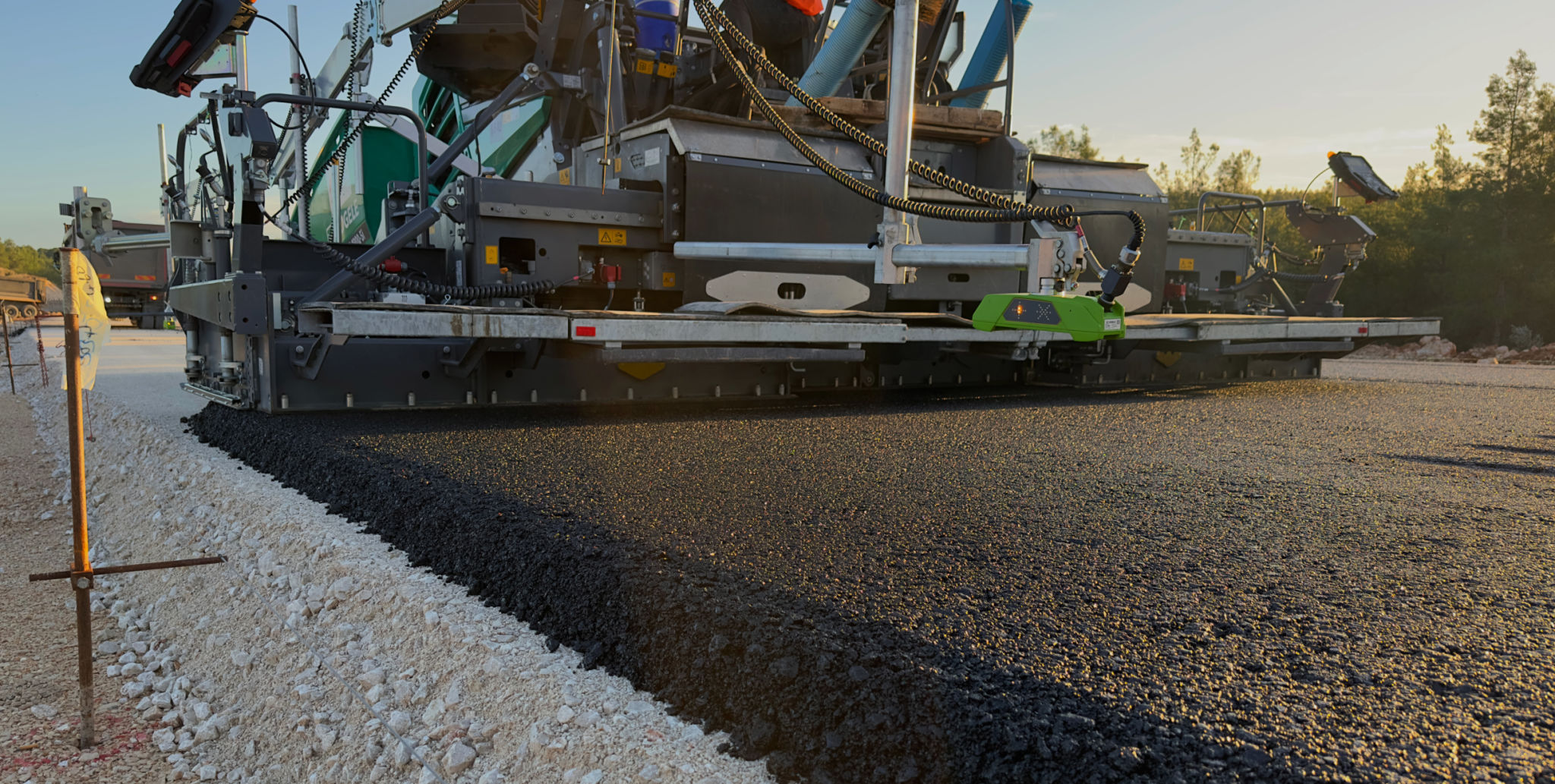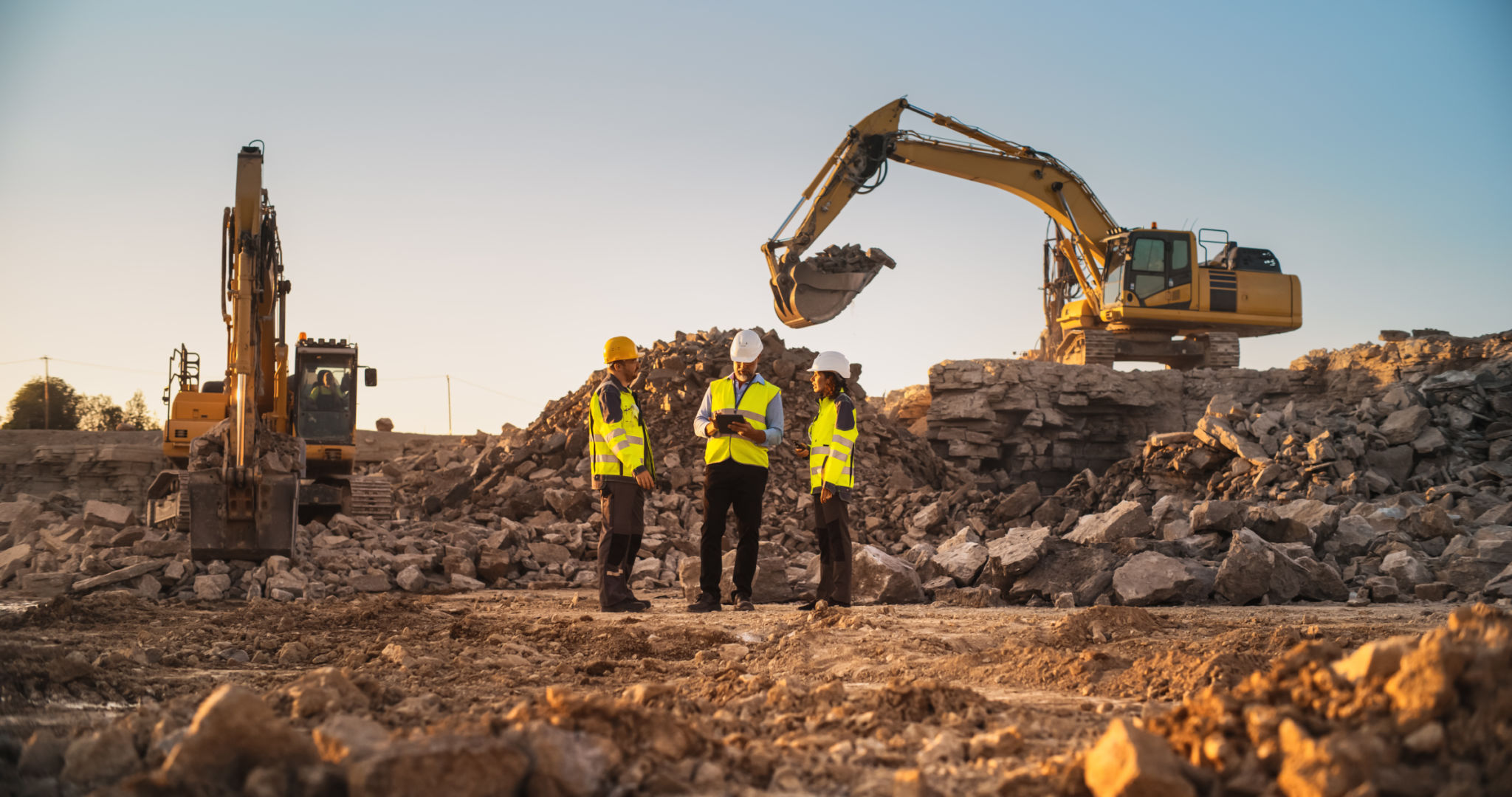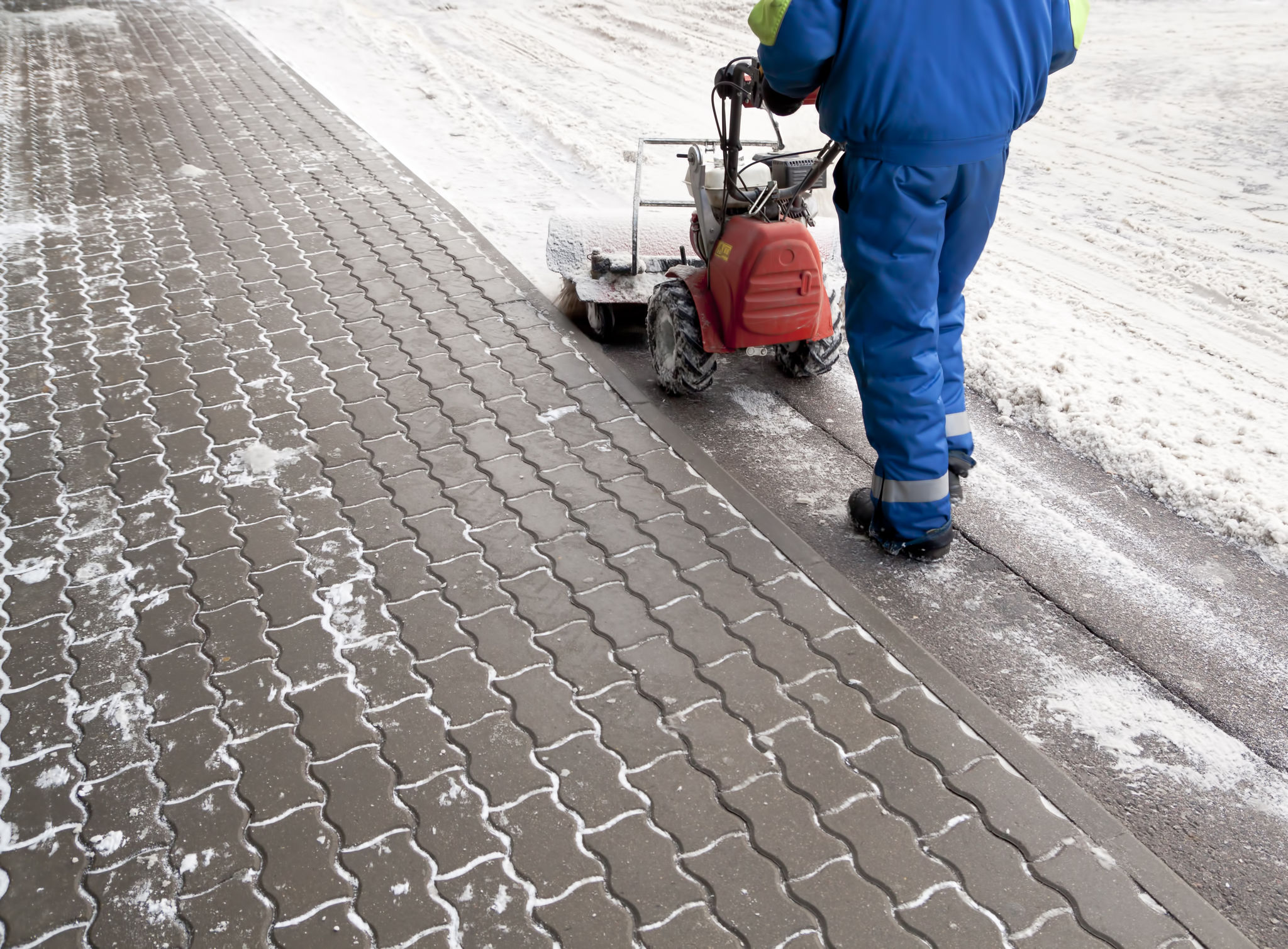The Benefits of Asphalt Over Concrete: A Detailed Comparison for St. Louis Property Owners
Introduction to Asphalt and Concrete
When it comes to paving surfaces for driveways, parking lots, or roads, property owners often face the decision between asphalt and concrete. Each material offers distinct advantages and challenges. In St. Louis, where weather conditions can vary significantly, choosing the right material is crucial for long-term durability and cost-effectiveness.

Cost Considerations
One of the primary factors influencing the choice between asphalt and concrete is cost. Generally, asphalt is more cost-effective than concrete both in terms of initial installation and maintenance. Asphalt is less expensive to install and can be laid down quickly, reducing labor costs.
Additionally, the repair costs of asphalt are typically lower. Asphalt patches blend seamlessly with existing surfaces, unlike concrete patches that can be more visible and may require more extensive repairs.
Installation and Maintenance
The installation process for asphalt is faster compared to concrete. Asphalt can be driven on within a day or two after laying, while concrete may take up to a week to cure completely. This quick turnaround can be particularly beneficial for businesses that cannot afford long downtimes.

When it comes to maintenance, asphalt requires periodic sealing to maintain its appearance and durability. However, this process is straightforward and less costly than the maintenance required for concrete, which can crack over time due to freeze-thaw cycles common in St. Louis.
Durability and Weather Resistance
Asphalt is renowned for its flexibility, which allows it to withstand freeze-thaw cycles better than concrete. This flexibility is particularly advantageous in St. Louis, where temperatures can fluctuate dramatically. Concrete, while durable, is more prone to cracking under these conditions.
Moreover, asphalt's dark color helps it absorb heat, promoting faster melting of snow and ice during the winter months—a key consideration for St. Louis property owners.

Aesthetic Appeal
While aesthetic preferences vary, many property owners appreciate asphalt's sleek and uniform appearance. It provides a smooth, black finish that complements various architectural styles. On the other hand, concrete offers more options for decorative finishes and colors if customization is a priority.
Environmental Impact
Asphalt is a recyclable material, which makes it a more environmentally friendly choice compared to concrete. Reclaimed asphalt pavement (RAP) can be reused in new paving projects, contributing to sustainability efforts.

Although concrete also has recyclable properties, it often requires more energy-intensive processes to break down and reuse, making asphalt a more eco-conscious option for environmentally-minded property owners.
Conclusion
In summary, both asphalt and concrete have their own set of benefits and drawbacks. For St. Louis property owners seeking a cost-effective, durable, and weather-resistant paving solution, asphalt emerges as a strong contender. Its quick installation time, ease of maintenance, and environmental benefits make it an appealing choice for many applications.
Ultimately, the decision will depend on specific needs, budget constraints, and aesthetic preferences. Consulting with a local paving expert can provide additional insights tailored to individual project requirements.
